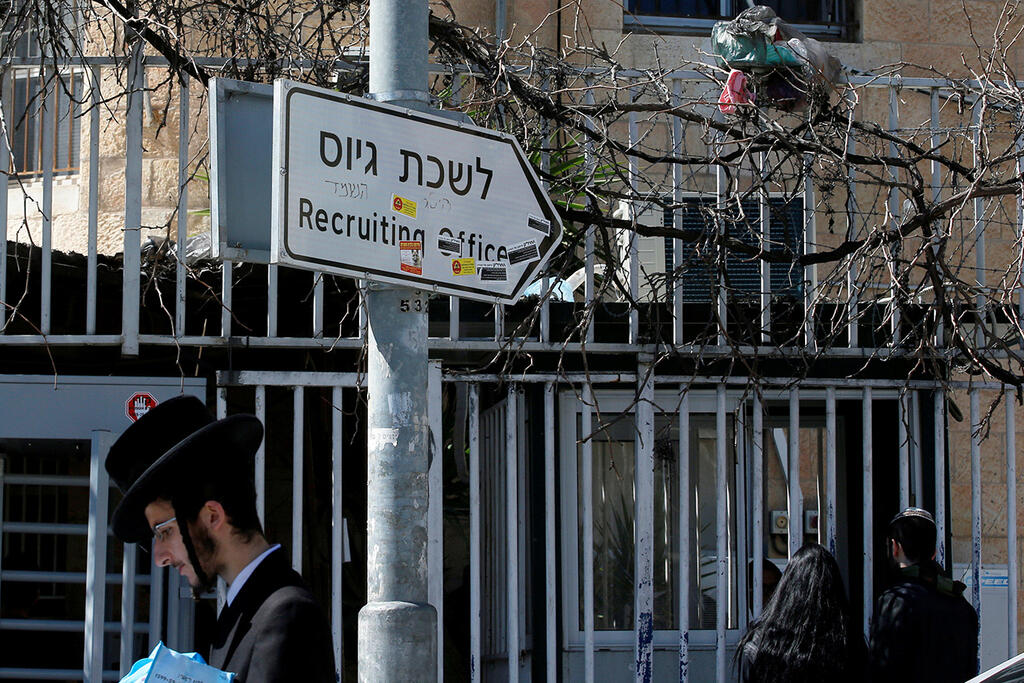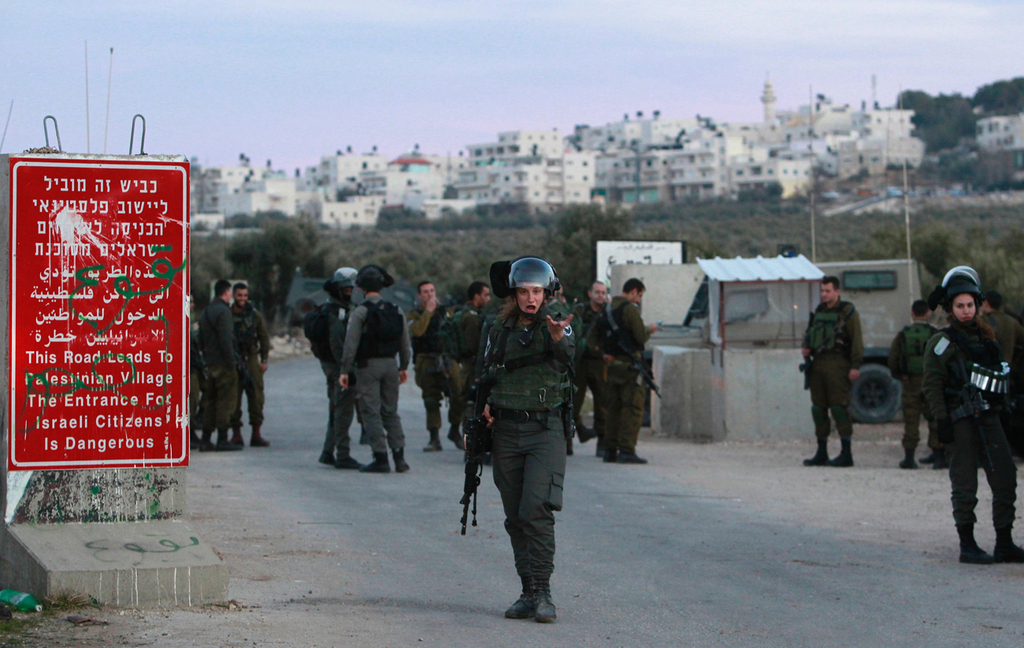Standing at the gate of an army jail after being detained for refusing mandatory military service, 19-year-old conscientious objector Hallel Rabin said she was "the happiest person in the world".
"My lawyer called me this morning and told me, 'you're free'," she said.
6 View gallery
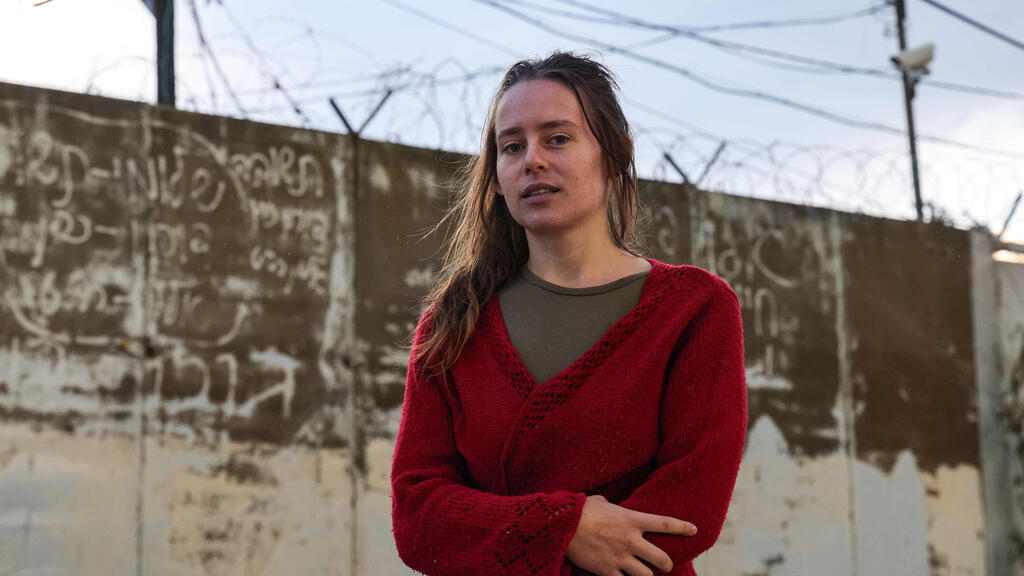

Hallel Rabin, a 19-year-old conscientious objector, outside the 'number six' military prison near Atlit in northern Israel
(Photo: AFP)
Army service is compulsory for most Israeli citizens and while many seek exemptions on various grounds - some arguably less than truthful - Rabin's case is unusual in that she openly declared herself to be a pacifist. It's a position that automatically results in prison time, at least while the merits of a case are under consideration.
Hallel had served a total of 56 days since August at military prison "number six", and was facing up to 80 more in detention, but was freed on Friday.
But after grilling her at four hearings, an army board finally accepted that her pacifism was sincere and not driven by "political considerations," which would have landed her more prison time.
6 View gallery
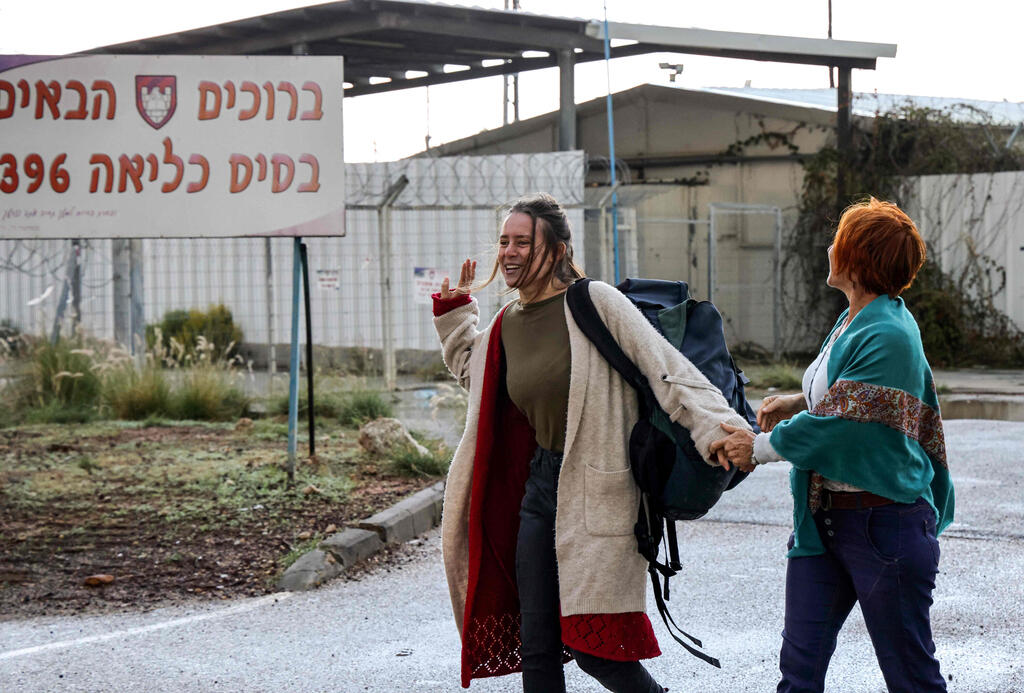

Hallel Rabin and her mother Irit Rabin outside the 'number six' military prison near Atlit in northern Israel
(Photo: AFP)
The army plays a central role in Israeli society and can impact a young person's social status and job prospects.
Rabin, who was hugged by her mother as she stepped through the prison gate, described military service as a near inescapable certainty with which young Israelis are expected to comply.
"You grow up and you know you'll become a soldier. You'll shut up and do your work."
At age 18 young women are drafted for two years of military service while men must serve at least 32 months.
Ultra-Orthodox women and some men are exempt from the draft, along with Israeli Arabs.
To win an exemption some youngsters claim to be studying full-time at a Jewish theological seminary, while others plead mental health problems.
Rabin said she chose not to conceal her pacifist convictions and to face the consequences, rejecting "the easy way (out)".
"I can say I'm crazy and lie," the ponytailed teenager told AFP. "I'm not crazy. The situation here... is crazy."
Asked about Rabin's case, the army offered a procedural response noting that enlistment is mandatory and those who request "an exemption due to conscience-related reasons" are entitled to a hearing before a relevant committee.
What about Iran?
Rabin's conduct is not unprecedented. In 2019, five conscientious objectors were jailed by the military, according to Israeli peace group Yesh Gvul.
But Rabin faced a severe backlash, including accusations of "treason" and death threats on social media. "I decided not to let it touch me," she said.
Rabin said she is not blinded by her pacifism and understands that her country has enemies seeking to destroy it.
6 View gallery
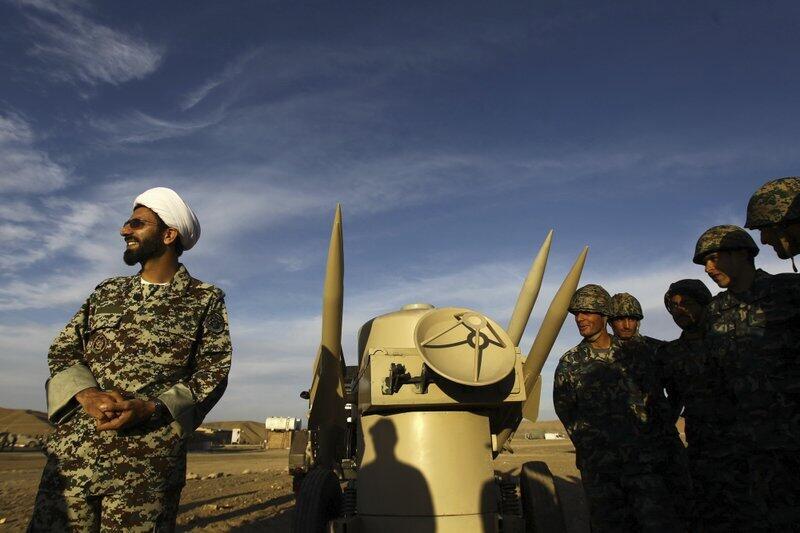

An Iranian clergyman stands next to missiles and army troops in an undisclosed location in Iran
(Photo: AP)
During questioning, the military board cited arch-foe Iran's efforts to build a nuclear weapon.
"Do you think we should let them do it?" she said she was asked.
"No, but what can I do about it, it's not my job to do something about it," she replied, unable, she said, to stop herself from laughing in their faces.
She added she would have refused military service had she been born somewhere other than Israel, which has controlled the West Bank since the 1967 Six-Day War and jointly-blockaded the Gaza Strip with Egypt for more than a decade.
"I would refuse to serve any army in the world," she replied, adding that the reality in the Palestinian Territories merely strengthens her convictions.
Exempted from the draft, she says she now intends to volunteer for civilian national service and hopes to help disadvantaged children.
Different voices
In 2002, the Supreme Court ruled that it was possible to exempt someone for pacifism, but not for what it called "selective conscientious objection", in a precedent setting case of eight officers who were specifically refusing to serve in the West Bank and Gaza Strip.
6 View gallery
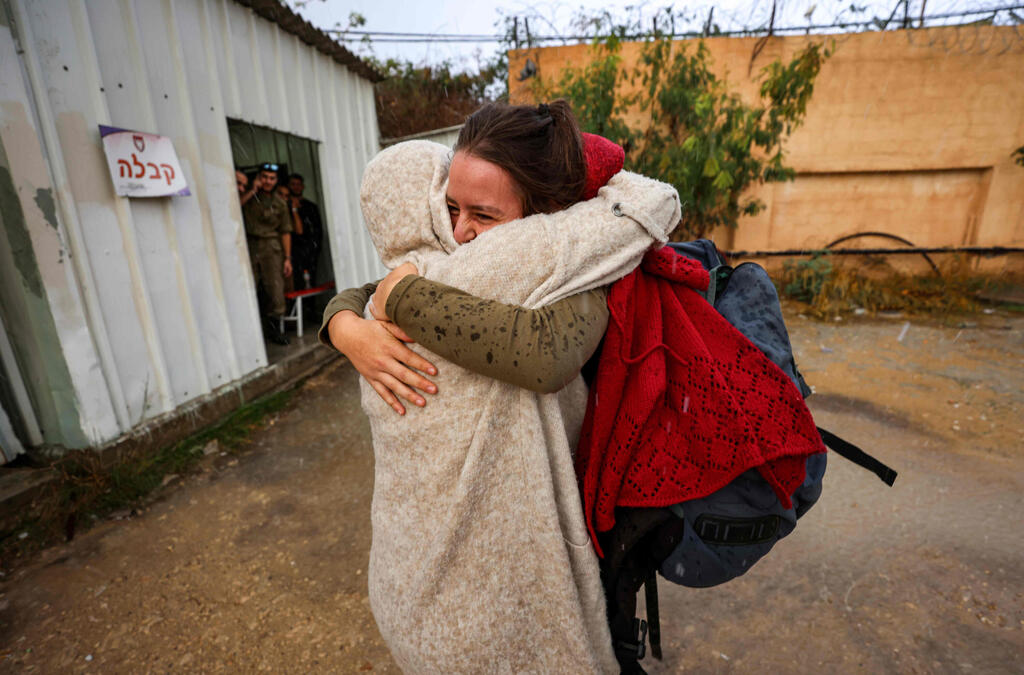

Hallel Rabin embraces he mother Irit outside the 'number six' military prison near Atlit in northern Israel
(Photo: AFP)
"Israel does not want to hear different voices," said Hallel's mother, Irit Rabin, who herself served in the army.
"We didn't push her to do it," she added, proud of her daughter's struggle.
"We told her 'You have to decide, you have a natural right to choose your steps.'"
"You served your country in a very special way," she said while hugging her daughter, who she dubbed a "superwoman".


